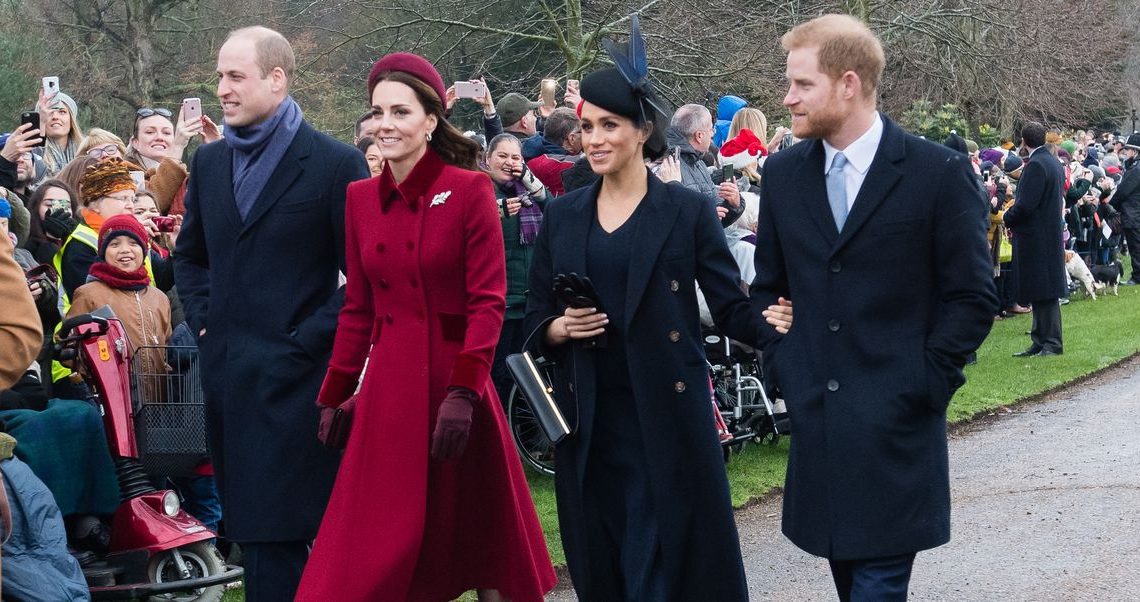express– Capital Gains Tax was recently reviewed alongside Inheritance Tax by the Office of Tax Simplification (OTS). With the Chancellor of the Exchequer often looking towards the OTS for guidance, the review is set to put important changes into motion. In total, the Government has accepted five key recommendations from the OTS’ second report on Capital Gains Tax.
This is in an attempt to provide practical simplifications for taxpayers.
The tax is charged on the profit a person makes when they sell something which has increased in value.
It is only the gain a person makes which is taxed, rather than the amount of money they receive.
Some assets will be tax-free, and CGT is not charged if all gains in a year are under the tax-free allowance.
One key change is being welcomed, and that is the alteration when it comes to the approach to divorce.
As many people in divorce proceedings will be splitting their assets and selling them, it could incur a substantial CGT bill.
However, the Government is now looking into its attitudes when it comes to Capital Gains Tax and couples who are separating.
Julia Rosenbloom, tax partner at Smith and Williamson, analysed the technical changes in further detail.
She said: “Some of the agreed changes should be particularly welcomed, not least the confirmation from Government that ‘the no gain no loss window’ on separation and divorce should be extended.
“At the moment, transfers between spouses are only tax neutral in the tax year of separation.
“While the Government has agreed that this should be extended, we will have to wait for the outcome of a consultation to know to what extent people will be given extra time.
“This will, for many, reduce the CGT cost of getting divorced and give people a bit more time to sort out their financial affairs in such circumstances.”
Under current laws, if a couple are married, they can transfer assets from one spouse to another without a Capital Gains Tax bill.
However, this changes when a couple separates, so it is worth paying attention.
In these circumstances, the transfer between one spouse to another is only free from CGT up until the end of the tax year in which the couple separated.
After a relationship has legally ended, the Government website warns Capital Gains Tax is likely to be applicable.
But it also acknowledges the rules for working out gain or loss can often be complex.
As a result, it encourages Britons to contact HM Revenue and Customs (HMRC) or seek professional tax help on the matter.
Individuals will need to provide the date of:
- The decree absolute or dissolution
- Any court order if assets were transferred this way
- Any other contract showing the transfer of assets
However, Ms Rosenbloom warned of the limitations of the recent announcement for Britons.
She added: “Overall, it is important to note that these responses from the Government only largely concern acceptances or rejections on technical and administrative aspects of CGT.
“Crucially, this update gives no real steer on whether we might see an increase in CGT or other changes to the CGT regime.”
Consequently, Britons will have to hold their breath when it comes to major changes to the levy.




